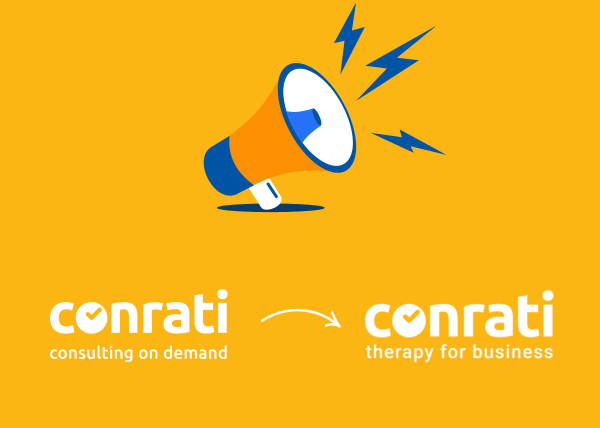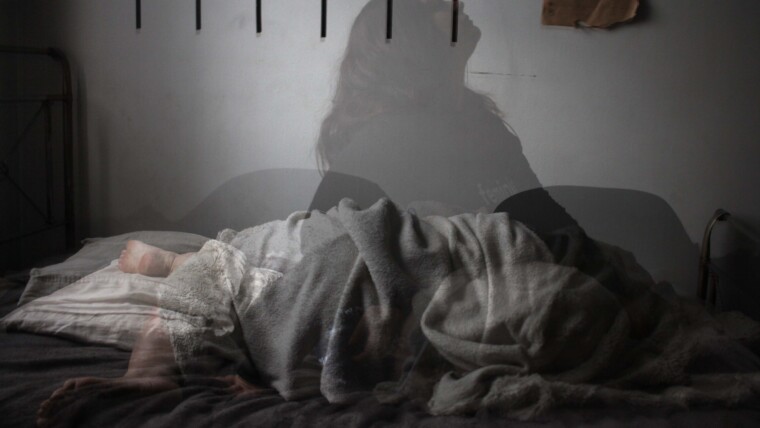During each year, we experience highs and lows, but with constant changes in our economic stability, our mental health may also be affected. CNN reported that 72% of economists expect a recession by the middle of next year — with 19% saying it may have already begun.
The term recession refers to a downturn in the economy that can affect production and employment, as well as produce lower household income and spending. The effects of a depression are more severe, featuring widespread unemployment and a significant slowdown in economic activity.
One study suggests that recession-hit countries experience high unemployment rates and deteriorating living conditions that have negative effects on the health of their populations.
During economic crises, there is an increased prevalence of psychological distress, common mental disorders, substance disorders, and ultimately suicidal behaviour.
There are groups of people that may be especially vulnerable to the effects of recessions:
- The unemployed
- Those in debt or facing financial difficulties
- People with pre-existing mental health problems
- Families with children
In high-income countries, mental disorders and substance use disorders contribute significantly to the global burden of disease and are significant public health problems.
Taking action and reducing such unbearable costs is a collective responsibility, especially as economic downturns may possibly exacerbate mental ill-health and suicide risk factors. We also have our own individual responsibilities to proactively prepare and protect ourselves against any negative impact that may come along with it.

Recognise the signs and symptoms of changes in your mental health
You or your loved one may experience changes in behaviour as the fear of a recession looms.
Here are some behavioural signs that you might want to look out for:
- Sleep or appetite disturbances
- A lack of enthusiasm for previously enjoyable activities
- An increase in irritability
- Feeling tired and low on energy all the time
- Lower mood than usual
- Having trouble concentrating or making decisions
- An attitude of self-deprecation (modesty about or criticism of oneself)
Here are some emotional signs that you or your loved one might be experiencing:
- Sensing a loss of control
- Feeling weak and vulnerable
- Having a sense of dread or fearing the worst
- Constant worrying
- Feeling insecure and in need of constant reassurance from others
- Feeling disconnected from the world
- Low mood and depression

Building resilience takes time and patience with oneself.
When the uncertainty of the future becomes uncontrollable, take a step back and focus on smaller steps towards those things that are still in your control such as your mental health, financial health and overall wellbeing.
Don’t be afraid to speak up: Seek professional help when you need it
Experiencing any of the above signs or symptoms to a concerning level may require you to seek help from a professional such as a psychologist or therapist.
Book a free 30 minute consultation with a host of psychologists on Conrati who would be happy to help you on your path to a healthier, calmer state of mind from the comfort of your own home or office.









Why your child should have a tutor
Conrati nominated as a Top Environmental Consulting Company by Futurology
What happens during each stage of grief?
Mentorship for the Mentee
How to boost 8 different forms of health
Conrati nominated as a Top Environmental Consulting Company by Futurology
How social media affects mental health
Understanding Bipolar Disorder